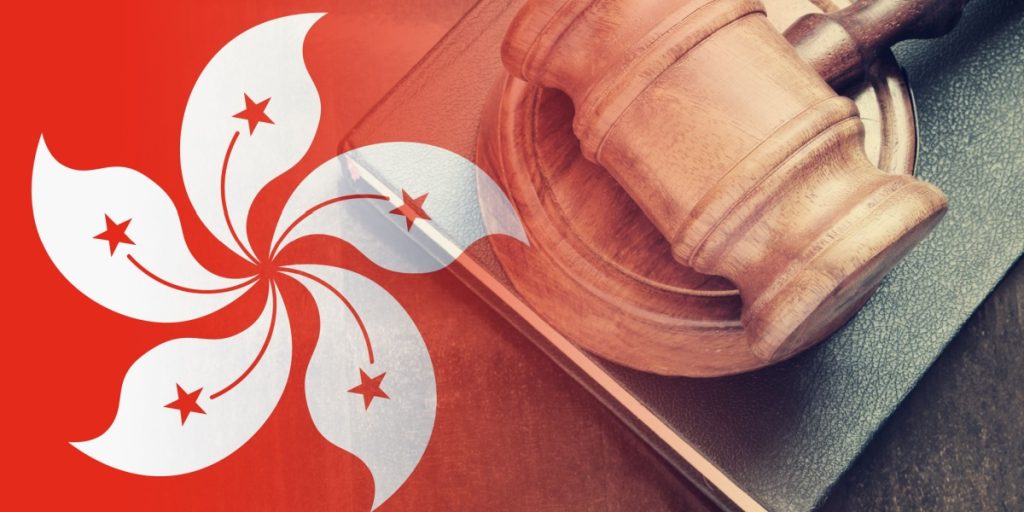Hong Kong released a draft of its new national security law on Friday, stirring concerns among lawyers, diplomats, and businesses about its potential impact on freedom.
Others are reading now
According to Reuters, the proposed legislation, which broadens definitions of sedition and state secrets, could impose harsher punishments for crimes such as treason, espionage, and external interference.
With tight security in place, the Legislative Council began debating the bill, expected to become law by mid-April. Hong Kong leader John Lee has called for rapid approval, citing complex geopolitics and imminent national security risks.
The bill suggests life imprisonment for several crimes, including treason and insurrection, and introduces sentences of up to 20 and 10 years for espionage and crimes related to state secrets and sedition, respectively.
International Concerns and Rights Provisions
The European Union expressed “grave concerns” about the bill’s broad provisions, particularly regarding external interference and its extra-territorial reach. However, the draft bill does mention the protection of human rights and freedoms, including speech, press, and association.
Also read
Investors and businesses are anxious about the rush to pass the bill, fearing it may undermine individual rights and pose challenges, especially those related to foreign interference.
“The fact they are rushing through article 23 shows concern about public opposition. The business community is going to be unhappy unless there are guard rails protecting individual rights,” Andrew Collier, managing director at Hong Kong-based Orient Capital Research told Reuters.
Simon Young, a law professor at the University of Hong Kong, also stressed the potential issues for businesses with foreign connections: “It may well be that businesses or groups that have some connection with foreign governments might fall under the radar as an ‘external force’.”
Fears Over Freedoms
Critics argue that recent years have seen a decline in Hong Kong’s rule of law and freedom of information. Officials maintain that the draft aligns with Western laws and is necessary to close national security “loopholes.”
The bill proposes allowing police to detain those arrested, without charging them, for up to 14 days, subject to a magistrate’s approval, a significant extension from the current 48-hour limit.
Also, the new law would also increases the penalties for sedition – which means encouraging discontent or hostility against the authorities – from two years to a maximum of ten years if the offense involves collaboration with foreign entities.
Critics, including groups advocating for media freedom, have urged the removal of the sedition charge due to concerns over its potential to suppress free speech and the press.
Additionally, the bill suggests raising the maximum imprisonment for holding seditious materials from one to three years, granting police the authority to search premises and confiscate or destroy such content.
The scope of what constitutes state secrets is considered widely encompassing by some legal experts, covering military, security, and diplomatic matters, along with confidential information related to the socio-economic and technological fields that pertain to the governments of China and Hong Kong and their interactions.


